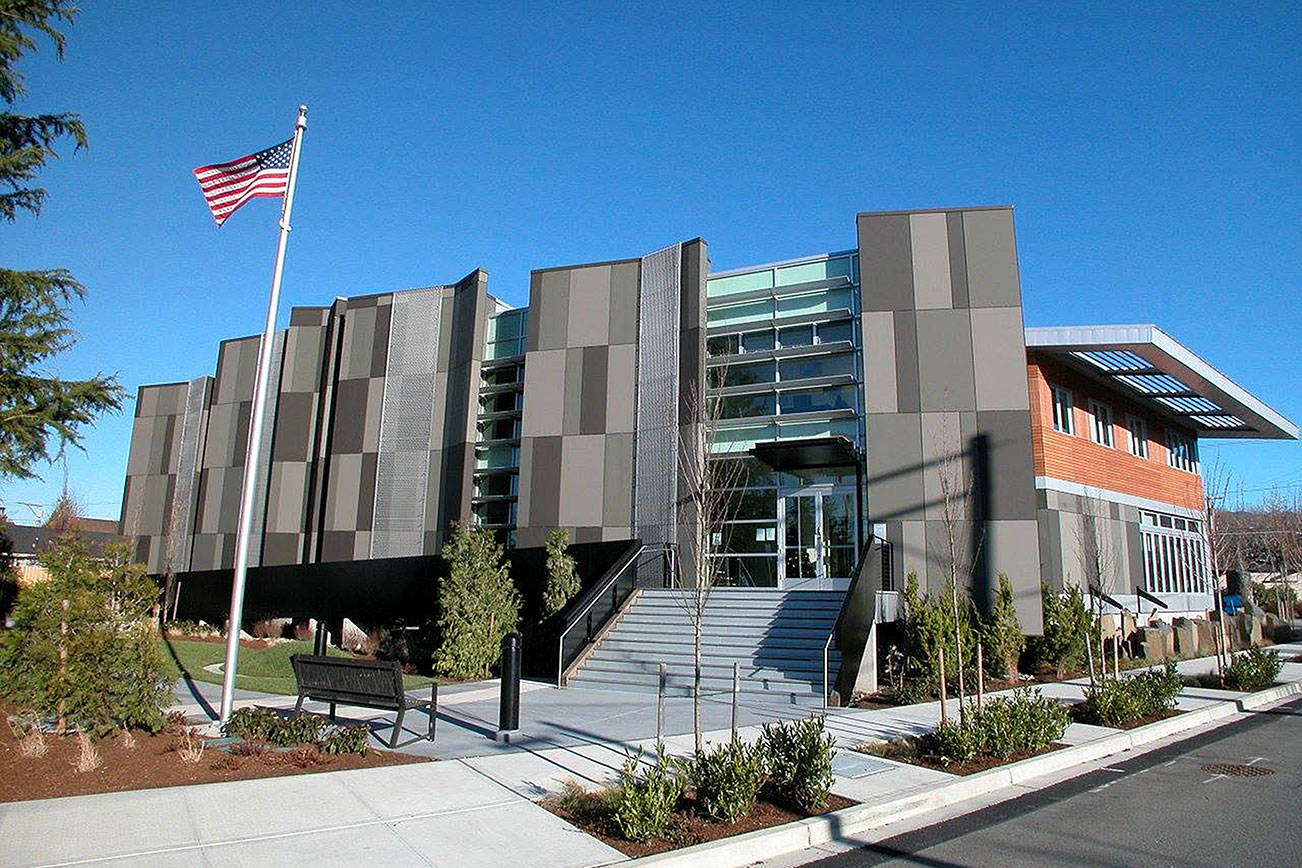At its July 12 meeting, the Snoqualmie City Council approved placing a new sales tax on this year’s general election ballot that could go into effect in April 2022.
The proposed plan would introduce a 0.2% sales tax increase to replace the current $40 vehicle licensing fee. The tax would provide funding for the city’s six-year transportation plan and the non-utility capital improvement plan.
The six-year transportation plan is a collaboration between the city and Washington State Department of Transportation. Together, the two entities identified a list of 14 items for improvement, including bridges, roads and sidewalks. The non-utility capital improvement plan focuses on improvement of parks, city facilities and other transportation needs.
The tax will appear on the Nov. 2, 2021, general election ballot, and must be approved by a majority of voters for it to take effect.
“This is a proposal to change our method of funding transportation,” said Councilmember James Mayhew, chair of the finance and administration committee.
The city first passed the $40 vehicle license fee as a way to fund the city’s portion of the temporary I-90 on-ramp, constructed at the intersection of I-90 and Snoqualmie Parkway. The $40 fee is broken into two segments: a temporary $20 portion meant to pay the city’s portion of the I-90 ramp that would end in April of 2022, and a permanent, ongoing $20 portion that would continue past April 2022.
Mayhew said some of the benefits of the new proposal is that it will keep up with the rising cost of inflation and will be a less regressive tax for lower income residents.
“Because it is a sales tax, it’s levied as a percentage of sales,” Mayhew said. “As we go into the future, it will keep up with inflation, unlike a car tab fee, which is a fixed amount. Whether it’s $20 or $40, it loses its value because of inflation.”
Drew Boulta, a financial analyst for the city, said he estimated the new sales tax would generate $550,000 annually for the city, compared to $406,000 that the vehicle license fee would generate. Boulta also said he expects the new proposal will decrease taxation for some residents, with non-residents paying an estimated 16% of the tax through purchases made in Snoqualmie.
“What the big selling point is, is that non-residents will also help pay the tax,” Councilmember Katherine Ross said at the council’s June 28 meeting. “It’s quite a bit lower expense to our residents, and includes people who do not live here.”
According to the city, if voters approve the new tax, the city’s sales tax rate would increase to 8.9%, which is the same rate as Duvall, and 0.2% less than North Bend.


